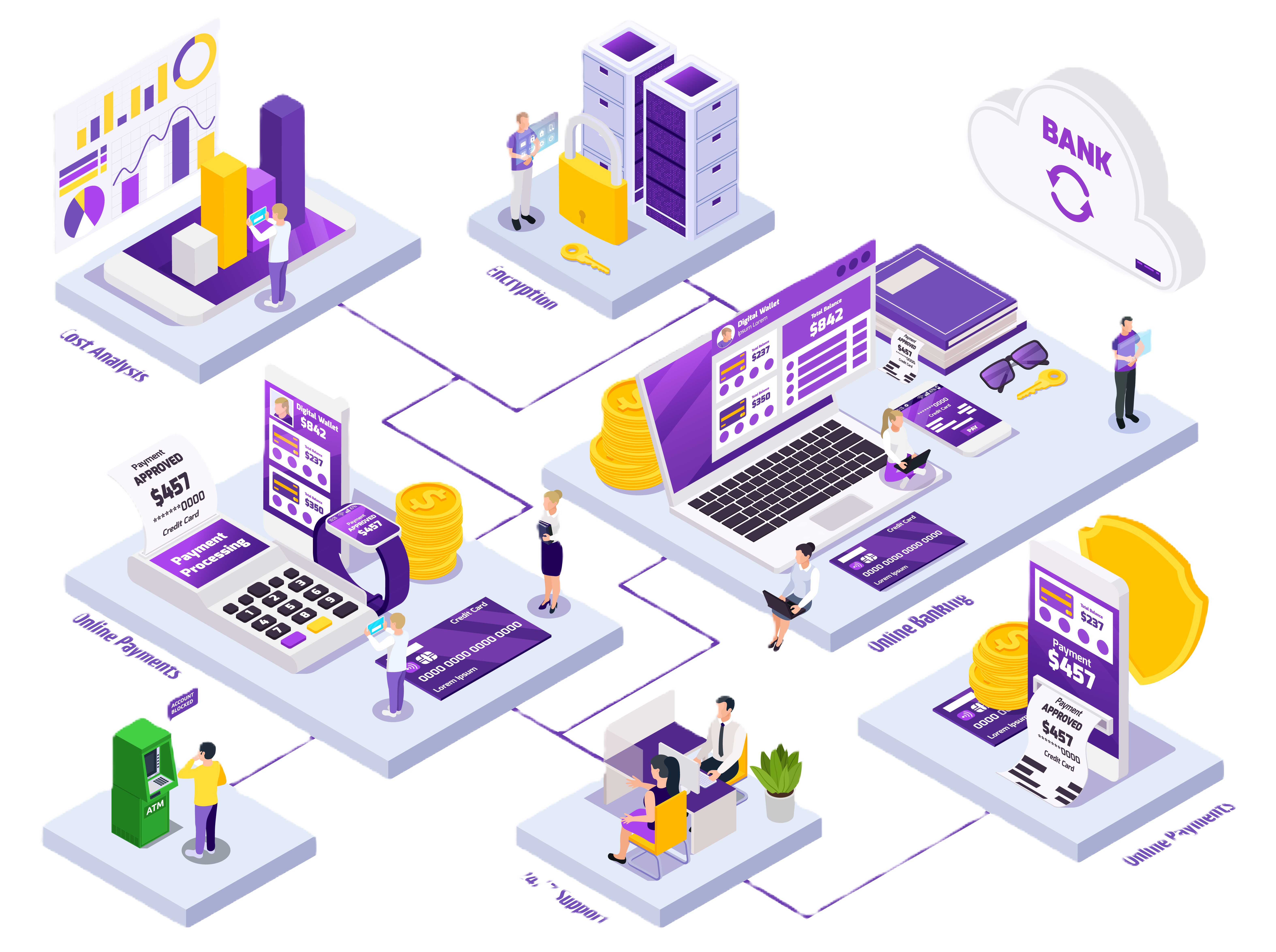Machine Learning
Why Choose Our Machine Learning Training?
Techtroma, a leading Edu-Tech company in Bengaluru, India, offers a comprehensive Machine Learning Certification Training designed for beginners and professionals. This course provides in-depth knowledge, practical experience, and real-world project exposure, equipping you with industry-relevant skills.
Note: This is a course completion certification program by Techtroma. We do not provide third-party or vendor-specific certifications.
What You Will Learn
- Fundamentals of Machine Learning – Supervised & Unsupervised Learning
- Python for Machine Learning – Data Processing & Libraries (NumPy, Pandas, Matplotlib)
- Data Preprocessing & Feature Engineering – Handling Missing Data & Feature Selection
- Model Building & Evaluation – Regression, Classification, Clustering
- Deep Learning & Neural Networks – Introduction to TensorFlow & Keras
- Real-World Projects – Hands-on experience with industry case studies
Who Should Enroll?
This training is perfect for:
- Students & Graduates aspiring for a career in AI & Machine Learning
- Software Developers looking to upskill in Data Science
- Data Analysts & Business Professionals aiming to leverage ML for insights
Enthusiasts with a passion for Artificial Intelligence & Predictive Analytics

Course Highlights
- Live Instructor-Led Sessions – Learn from industry experts
- Real-Time Projects – Hands-on training with case studies
- Doubt-Solving Sessions – Interactive learning experience
- Course Completion Certificate – Recognized by Techtroma
- Job-Oriented Curriculum – Industry-focused training
Course Curriculum
- Data Types
- Random Variable
- Probability
- Probability Distribution
- Sampling Funnel
- Measure Of central tendency
- Measures of Dispersion
- Expected Value
- Graphical Techniques
- Introduction to R
- R Studio
- Introduction to Python (Installation basic commands)
- Python & R Contd…Skewness & Kurtosis
- Box Plot
- Normal Distribution
- Sampling Variation
- CLT
- Confidence interval
- Intro to HT, 2-sample t test, 1-sample tests
- Other parametric and non-parametric tests
- By R Code
- Scatter Diagram
- Corr Analysis
- Principles of Regression
- Intro to Simple Linear Regression
- Multiple Linear Regression
- Principles of Logistic regression
- Multiple Logistic Regression
- ROC curve
- Gain chart
- Binomial
- Neg Binomial
- Possion
- Poission
- Neg Binomial
- Models with Excessive ‘0’s
- Multinomial Regression
- KNN
- Naïve Bayes
- Decision Tree & Random Forest
- Bagging and boosting
- ANN & SVM
Machine Learning Engineer Project Life Cycle
Phase 1: Problem Definition & Data Preparation
Define the business problem, objectives, and success metrics. Collect, clean, and preprocess data, handling missing values and outliers. Perform Exploratory Data Analysis (EDA) to identify patterns and relationships.
Phase 2: Model Development & Training
Select an appropriate machine learning algorithm (e.g., regression, classification, clustering). Split data into training and test sets, apply feature engineering, and optimize hyperparameters. Evaluate performance using metrics like accuracy, RMSE, or AUC-ROC.
Phase 3: Deployment & Monitoring
Deploy the trained model using APIs, cloud services, or embedded systems. Continuously monitor performance, track data drift, and retrain the model as needed. Maintain logs and dashboards for real-time insights and decision-making.
